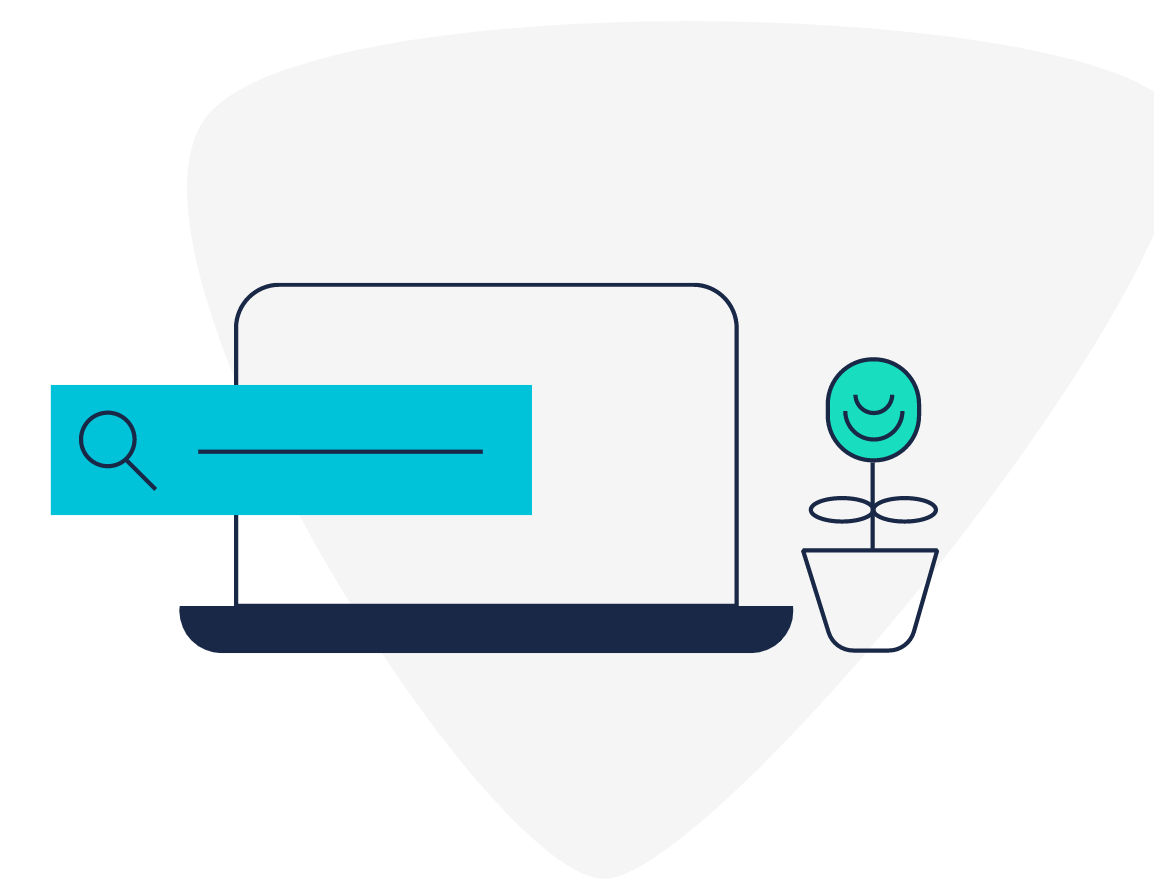What is supplier information management?
Supplier information management (SIM) refers to the set of processes or the system that organizations use to collect, store, access, and update important data about their suppliers. From contact details to contractual documentation, the data involved in supplier information management is essential in the broader process of vendor management.
A centralized approach to supplier information management helps organizations to better onboard, authenticate, and analyze their suppliers. This can lead to improvements in the way that supplier relationships are built and fostered, smoothing communication, minimizing mistakes, and saving time.
For organizations with large networks of suppliers, supplier information management is a hugely important tool. Many modern organizations use dedicated SIM software to make the process more manageable, as handling the colossal amounts of data that their supply chain relationships entail without it is fraught with challenges and risk.
What supplier information management systems do
Supplier information management systems are designed to make the process of SIM more approachable at scale. For organizations that have hundreds or thousands of different suppliers to manage, they can bring about efficiencies that have a significant impact on the overall effectiveness of their supply chain activities.
Typically, supplier information management systems will include features such as:
- Supplier information self-service. Allowing suppliers to upload their own data to the SIM system, minimizing the potential for data entry errors.
- Automated information validation workflows. In-built tools that help to validate and authenticate information and documents about suppliers.
- Centralized data collation. A centralized repository of all supplier information and documentation, allowing for easier and quicker retrieval of key master data by authorized people.
- Compliance requirement enforcement. Features that enforce compliance regulations, meaning information is standardized to fall in line with internal policy.
- Integrated communication channels. General and document-specific messaging to streamline communication during onboarding and data updates.
SIM systems are often included as part of broader supplier management software, which will also incorporate supplier relationship management (SRM) features. These can include tools that analyze supplier performance and supplier risk. Together, SIM and SRM solutions can completely streamline all facets of supplier management.
Benefits of better supplier information management
There is a broad range of benefits that a better approach to supplier information management – most often implemented through a SIM system – can bring about. They include:
Less administrative burden
Common features of SIM software help to reduce the burden of administrative tasks like data entry during supplier onboarding and information updates throughout a supplier relationship. Self-service features allow suppliers to enter their own information, minimizing the amount of time your business must spend on it.
Many SIM solutions also feature automated alerts that prompt suppliers to regularly check and update their information, switching the responsibility for ensuring up-to-date data from you to your supplier. For organizations with lots of suppliers, these features can free up a significant amount of time, which can be better spent doing other things to facilitate strong supplier relationships.
More accurate data capture
Increased data accuracy is a natural by-product of transferring the responsibility for information entry and updates to suppliers. Cutting a step out of the process of information entry means there is less chance for miscommunication leading to errors occurring in the process.
The potential for rigidity in the system, facilitated by rules that enforce compliance regulations and ensure that supplier relationships can only begin when all the required information has been captured, is another benefit. This significantly reduces the likelihood of important information being missed, which minimizes the chances of conflict or confusion in the future of the relationship.
Easier access to data
With one digital system managing all your supplier data, you achieve complete information centralization. This means that everybody who needs it has easy access to the information, and updates over time are reflected immediately to all who have access to the system.
It also improves data management, reducing the likelihood of duplication of information or discrepancies in the data between different sources. This, in turn, can reduce operational headaches that come about using more traditional supplier information systems.
